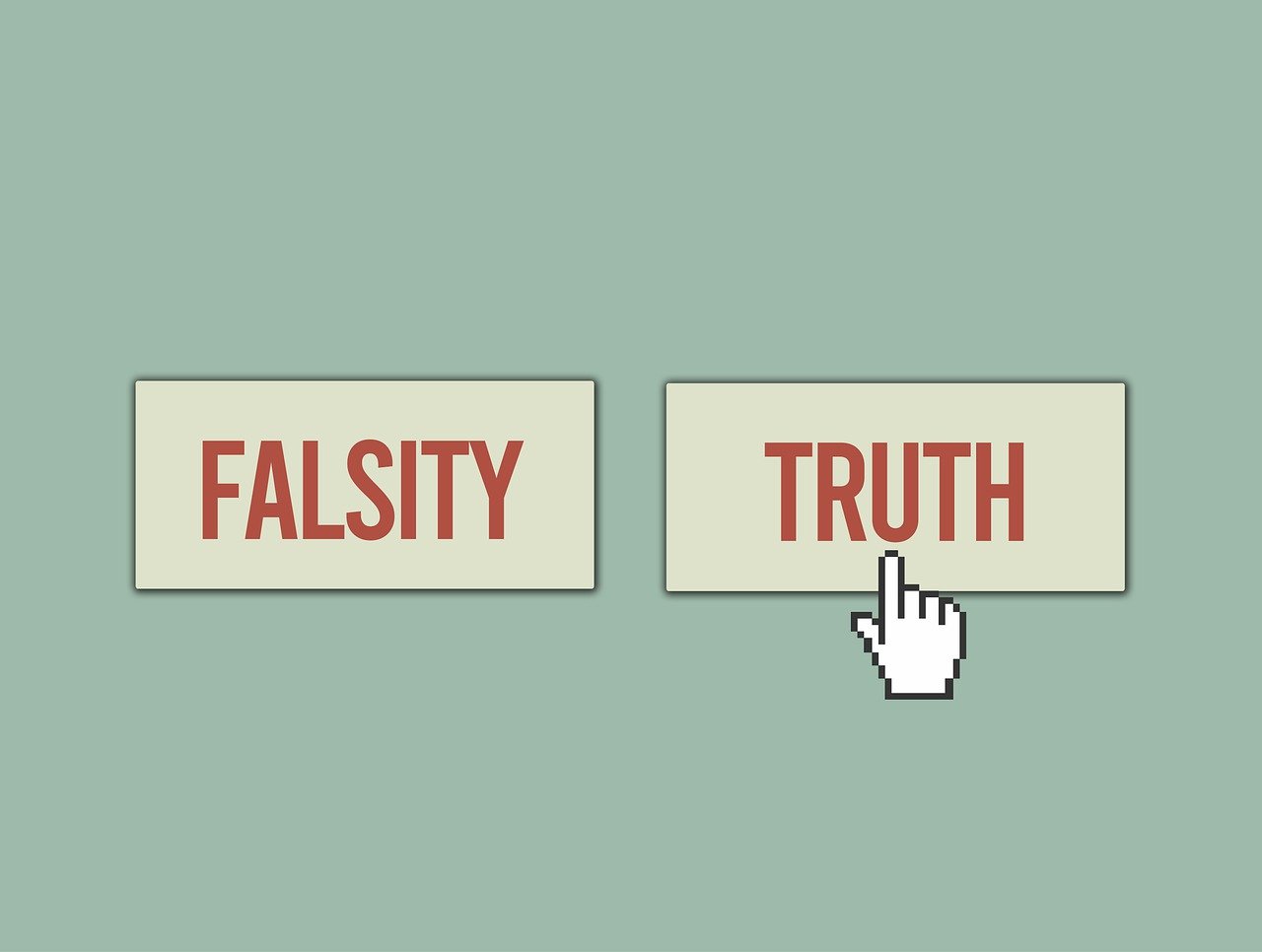What is the Google Algorithm?
In simple terms, Google Algorithm is what transforms your search query into the web results you’re looking for. Google Algorithms are with you from the moment you start typing into the search bar. As soon as you begin to input text, the Google Algorithm begins to assist you in your search in the following five aspects. According to Google’s own definition, algorithm assists by analyzing, matching, ranking, considering context, and returning with results. To better understand what each of these stages of a google search looks like, they’ll be broken down below.
Analyzation
If the end stage of Google’s Algorithm is to deliver the proper and most accurate results for your search, then it must first analyze the words being typed into its search bar to determine what you are hoping to find. Words can be analyzed individually but are commonly deciphered in chains or strings. For example, the word Triceratops would be simple to analyze and understand. If one were to search for “Triceratops”, it would be easy to decipher the fact that they were searching for something related to the dinosaur known as “Triceratops”. But, take a more common word, such as a name, Apollo for example. Apollo may refer to the Greek god, the fictional boxer Apollo Creed, or even the Apollo moon missions of the 1960’s. Since this word may have multiple intended meanings, the google algorithm would break it down according to the other words chained to it in the search bar. By going deeper and analyzing the words as a whole, the algorithm is able to deliver results specific to the topic(s) users are looking for. So, while a search for the word “Apollo” will deliver results for all three major topics listed above, as well as many others; a longer string of words will yield more specific results.
The Analysis feature of the Google algorithm also helps to interpret spelling and grammatical errors in order to improve the quality of search results and to eliminate the risk of incorrect results due to misinformation. Ex. Correcting “Emporer” to the properly spelled “Emperor”.
The algorithm also works to interpret synonyms for further refining searches. The synonym system helps isolate and appropriately replace vague words such as “change” for more clearly defined words such as replace, exchange, and adjust.
The final stage of analysis also identifies key words that can indicate what type of results are desired. This way the algorithm can determine whether to deliver content such as images, news, or informational headings.
Matching
Matching is the aspect of searching that people expect the most out of. When searching for a topic or subject, we want to be given exactly the kind of results that we’re looking for. If you were to search “Italian Recipes” for example, you’d probably be looking for a website with different recipes and instructions for prepping and cooking Italian food. You wouldn’t want a website that just said the words “Italian food” on it several times. You also wouldn’t want a website that had recipes for French Food. The Matching portion of Google’s Algorithm analyzes the desired keywords in your search bar against where those words appear on a webpage. This also includes how frequently they appear on a page and in what regard they are used. Are these words being used to describe images? Are these words followed by a series of similar or related words? The matching algorithm determines answers to these questions and provides the person searching with the most relevant information. It also ensures that the pages an individual is being directed to are in the same language. What good are search results if you don’t understand them or know how to read them? By properly matching queries with appropriate content, Google ensures efficiency and a sense of being direct in delivering results.
Ranking
If you search for website, say Facebook, then you are probably looking for the site’s front page. In the case of Facebook, you are hoping to log in and utilize the social media platform. By searching for “Facebook”, you aren’t interested in articles about Facebook or reviews, you want the most direct results first. That is where ranking comes in.
Most search results will return with hundreds of thousands of results, and often even millions of potential matches. To make sure that users are receiving the most direct and most appropriate results first, the Google Algorithm ranks search results by several measures. This prevents websites from being able to spam the keyword terms for higher rankings and ensures that users are being directed to the websites they are genuinely in search of.
Considering Context
The Google Algorithm also takes several extraneous factors into account when conducting a search. Additional information that the Algorithm takes into account when Google performs a search includes location, prior searches, and any setting that have been changed. For example, if you typically check a certain news source, then the algorithm is likelier to present search results from that source ahead of others when searching for notable events. Location can help narrow down searches by tying the searched query into relevant events in the vicinity. For example, if you were to search “showtimes”, Google would most likely pull up movie showtimes for the theaters in your area, not the ones several states away.
Returning with Proper Results
By utilizing the previous four stages, the search query delivers results that are narrowed down by each progressing stage. So, while a search that is merely in the analysis stage may yield upwards of one million results; that number has decreased to mere hundreds or thousands once matching, ranking, and context have also come into play. The fifth and final stage is reached when you enter the search and are delivered ranked results.
Why Update?
This process of searching often takes only seconds to complete, but it is a process that is years in the making. Ever since Google went live in 1998, the process of searching for information has refined almost constantly. The algorithms equations and code that deliver every single Google search are frequently revised, updated, and upgraded. 2018 is no exception to this process of constant refinement and improvement. But why update the algorithm? What aspects of the algorithm are being changed and/or refined?
The Google Algorithm, as stated above, has been updated many times over in the past twenty years. Part of the reason for these constant modifications is to ensure that the search engine is kept up to date and inline with increasingly intelligent web design and software advances. For example, when Google launched in 1998, the typical website was fairly bland by today’s standards and didn’t hold as much meta data, media, and even text. As websites have become more advanced, more visually intricate, and more user friendly, the algorithm has had to adapt to be able to analyze and interpret those changes.
It is also pertinent to remember the reasons why a website or external user would want to utilize the Google algorithm, to gain more traffic. This idea is especially pertinent for websites that have any financial or social gain to be had from increased web traffic. People want more people to visit their site, view their advertisements, or purchase their products. The easiest way to do this is to rank higher on a Google search. If Google is ranking a site higher on their list of search results, then the odds of the site being viewed and potentially clicked on increase greatly. So, it stands to reason that people could exploit the Google Algorithm to achieve these results faster than the typical and acceptable means of increasing web traffic. The Google Algorithm is not perfect, and it never has been. People have always been able to find means of exploiting it for higher traffic results. This can be done in a variety of ways, but is often seen by means of keyword packing, misleading keywords, or even piggybacking off of other successful sites. So, to prevent the exploitation of the Google search results and rankings, Google continually improves the algorithm to both identify and close any loopholes that are being exploited in previous algorithm versions.
So, what are some of the Google Algorithm updates? Why do Google Algorithm 2018 Updates matter to you?
Why Google Algorithm 2018 Updates Matter to You
A large portion of the Google Algorithm Updates for 2018 to were narrow down the categorization of sites that had “quality content” versus sites that did not have “quality content”. So, what is quality content?
Google, in part, defines trust by the acronym EAT. EAT stands for Expertise, Authority, and Trust.
Expertise
Expertise is defined by Webster’s Dictionary as “expert skill or knowledge in a particular field”. So, someone with expertise could easily be identified by their background, specifically their education and areas of study. So, a Doctor would be considered to have expertise in regards to medical information and terminology, this could also be further narrowed down by the doctor’s area of specialization. When searching for a website that may answer questions about a strange rash or bug bite, a site helmed by someone with expertise in that field would be preferred over someone without it.
Authority
Authority is similar to expertise in many ways. It is typically given based on the areas and ways in which an individual or website had expertise. Taking the example of a doctor one step further; an individual trains and studies to become a doctor by attending medical school. Once that individual has become learned in their intended areas, they are then required to pass a medical exam to prove themselves and what they know. Once the exam has been passed, they are licensed by the state they reside in and given authority to become a doctor. Websites receive this authority in similar fashion, by having relevant and useful content and being approved by the people that utilize the site.
Trust
The final stage of the Google Algorithm’s assessment of quality is Trust. If a website continues to display expertise and authoritativeness in regards to its relevant purpose, then it is denoted as “trustworthy”. If users continue to utilize the site to the satisfaction of themselves and others, then it indicates that the site is being operated in an honest and trustworthy manner.
Quality
By combining Expertise, Authority, and Trust and evaluating them in conjunction with one another, the Google Algorithm can determine the quality of a site. The higher the quality of a site, the likelier it is to appear higher in the Google search rankings and results.
By placing an emphasis on higher quality sites, Google can ensure the satisfaction of its users on both sides of a search query. People searching for websites are directed to a higher quality of information and satisfaction. People whose websites are appearing as search results are being rewarded for publishing higher quality content, while lesser quality content is being punished with lower overall rankings.
Conclusion
The 2018 Google Algorithm Updates are not major redefinitions of the Google search engine, but rather act as a series of smaller refinements to fine tune the search process. By constantly improving and building upon the initial search engine and the many versions that have followed, Google ensures that the process is continually better for users on both sides of a query.
Users searching for websites are assisted by the Google Algorithm 2018 Updates because they continue to emphasize the importance in ranking of quality content. Users are also provided with fast results that match what they are looking for, and these results continue to be narrowed down to precisely what users want due to algorithm updates.
Users with websites that are hoping to gain increased traffic also benefit from the Google Algorithm 2018 Updates. These updates ensure that their content is recognized as quality and rewarded for continuing to produce quality content.
Overall, the Google Algorithm 2018 Updates matter to you because they allow the search engine to run smoother and more efficiently regardless of what you are using it for.



















